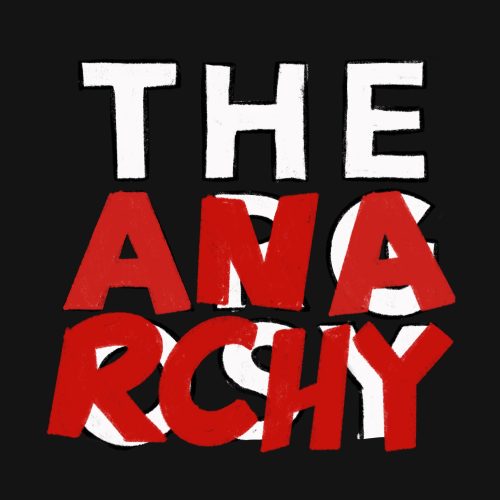Michelle Strain, the director of administrative services at Mount Allison University, led a small group of students through a lunch and learn focused on the Big Hanna Composting systems, Dirt and Ernie. This small group enjoyed a light lunch and an intimate discussion with Strain at The Pond, and received a tour of the composting system at Jennings.
While there were only five people in attendance at last week’s event, a similar event last year introducing the composting system drew a higher turnout. The event was organized by Mt. A’s Environmental Issues Committee.
The composting system that Jennings Dining Hall uses involves a simple process that Strain explained in detail: First, the waste is scraped by students into large bins with magnetic tops, to avoid forks and knives being accidentally taken in with food waste. Before 2007, students used trays, and food was scraped by a Jennings employee.
“Having to look at what you’re scraping off your plate had a huge impact,” resulting in an “instant forty-four per cent reduction in food waste” Strain said.
The leftovers are then put through a pulper where they are ground up and dehydrated. The waste is then put into buckets and taken into the composting room. Four buckets of pulp at a time and a bucket of wooden pellets are put into each composter. The contents of each composter are slowly turned four times a day, and after about six weeks compost is ready and used on university grounds.
Strain said this system has reduced Mt. A’s waste and environmental footprint, and has helped the administration to economize with up to $30-35,000 each year diminished from spending on waste transportation. This money will be redirected to buying more local foods for meal hall, she said.
There is “still work to be done” Strain said, noting that on average, each student wastes the equivalent of an apple daily. Though the composters have obvious benefits, there have been complaints about the smell, which Strain admitted gets worse when the seasons change.
The composting system is unlicensed because it is private, which exempts the university from biannual inspections that are usually required for public use of such systems.
Discussion of the university’s less successful projects also arose at the event. For example, to discourage the use of disposable cups, the university added ten cents to the price of every coffee bought on campus without a reusable mug. The university made $32,000 through this initiative. Some students suggested raising the price of disposable cups even higher, although the group realized afterwards that this would compromise the cafe’s ability to compete with local coffee shops.
Strain said the university has completed its biggest projects and will be looking to focus on what she called the “less sexy” improvements, such as lighting and roofing projects. Such projects would probably draw less attention than past projects like the composters and the Mt. A farm. Strain also told the Lunch and Learn group that there are plans for a shredder so that the university can produce its own alternative to wood chips from the cardboard used to package the food received at Jennings.





